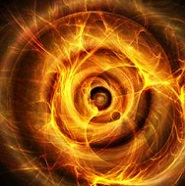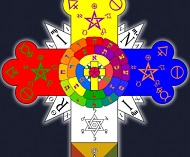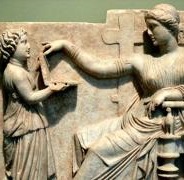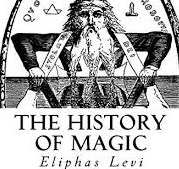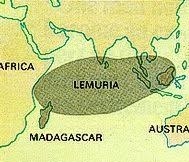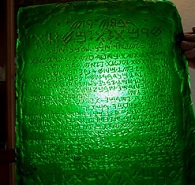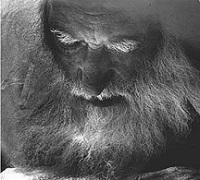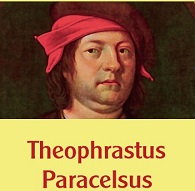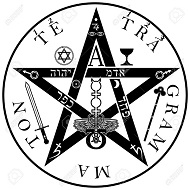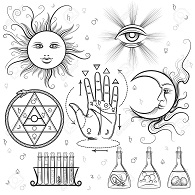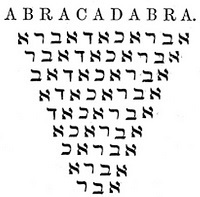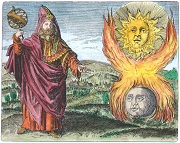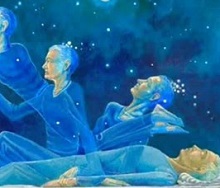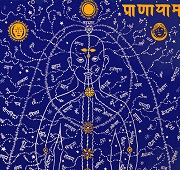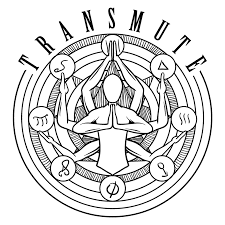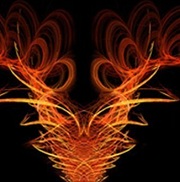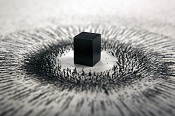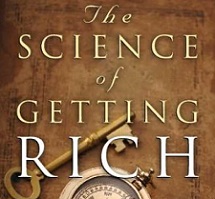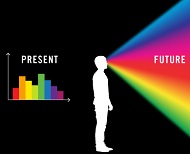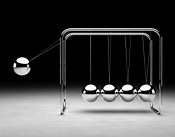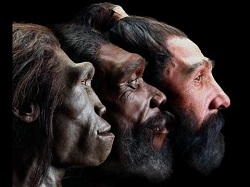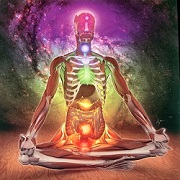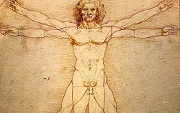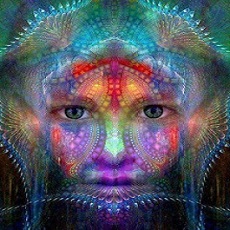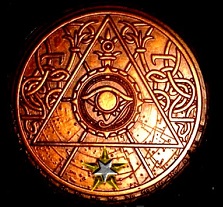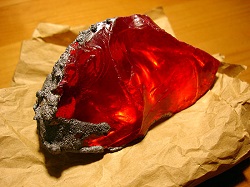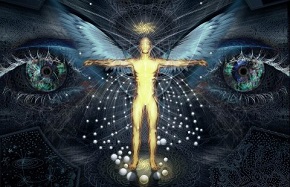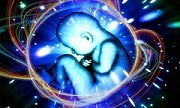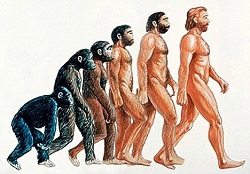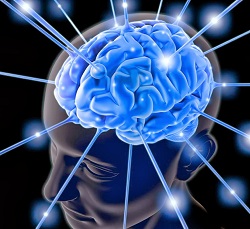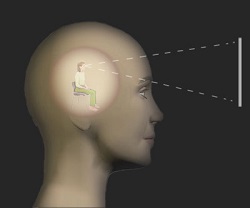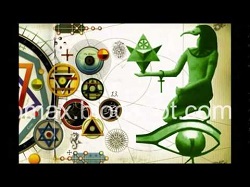What is man from the occultist perspective?
According to the Occult view, MAN IS MIND, a composite entity. It is two consciousnesses, the subjective and the objective blended into one substance; and thus combined, has its own form.
The statement that mind is substance is not to be understood as meaning that it is of the same coarse substance as a table. There are many grades of matter, such as earth, water, air, and ether, and yet they are all substance, but the mind of man is of an etheric substance. (It has, been shown, by repeated experiments, in hypnotism, that one of the consciousnesses or minds of man could be made to sleep while the other remained awake, thus demonstrating that man's mind is dual, and that he is a substantial something.)
In appearance man's mind is merely an etheric counterpart of his body; therefore he is as easily recognized when out of his body as when in it, having the same peculiarities and characteristics.

There are a great many exoteric and semiesoteric teachings, in the Western World, at the present time, relative to a very complex, inner man. Some schools of philosophy take the position that man is a composite entity of fourteen different principles, while others follow the Buddhistic theory that he is a septennate, or a seven-fold entity. The readers of modem literature would imagine that each of the alleged aspects is a separate entity and that all are rolled into one form. There is no evidence for accept-
ing any of these views. When these teachings were promulgated, about 1875, there was no philosophy, in the Occident, regarding the nature of man, and no knowledge regarding his soul; it was not known whether the ego was something tangible, or intangible, or whether it had a form or a color. When, therefore, it became necessary to give the Western World something of true psychology, that is to say, a knowledge of the existence of the soul and its constituent parts and powers, it was presented according to the semiesoteric truths of the Orient.
Those half truths did a tremendous amount of good. They helped students to grasp the fact that the real man is an actuality and not an intangible something; that he is an entity within the physical body. And this old thought — to some, New Thought — is helpful if not carried to metaphysical absurdities, or accepted as the final truth. It cannot be said that the physical body is a septennate, nor a double septennate, and
yet, there are the fluidic portions, the muscles, the bones, etc., and these could be separated into certain divisions and again be sub-divided. Thus the aspects of the body could be multiplied but should not be called elements, or principles, for none of them can exist in a body without the others. And this is equally true of the psychic man: for the soul of man is not a bundle of conglomerate entities, or principles, consolidated into one, but is of one substance, and of one form, with dual separable consciousness. Saint
Paul's division of man is the esoteric fact; Spirit (Subjective Mind), Soul (Objective Mind), and Body.
No ego passes permanently out of its physical body without being greeted by some of its friends on the subjective side, unless it had such a reIpellent personality as to have alienated all its associates and friends.
Those who have passed beyond, know of men's ignorance and dread of the great change, and do all within their power to make the advent into that, as yet, generally unknown country, as pleasant as possible — as on returning from a foreign shore, one is met at the ship by family and friends.




